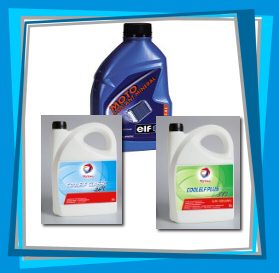PH in cooling System.
On Speed TV's show Motor Week Pat Goss talked about your cooling system and the PH levels. Pat talks about plastics but I gather it is really important for Aluminum also
He mentioned that the PH level should be checked twice a year.
Any one know about this or have done it?
What should the GM PH level be? Past and present?
Info sites
On Speed TV's show Motor Week Pat Goss talked about your cooling system and the PH levels. Pat talks about plastics but I gather it is really important for Aluminum also
He mentioned that the PH level should be checked twice a year.
Any one know about this or have done it?
What should the GM PH level be? Past and present?
Info sites



Comment